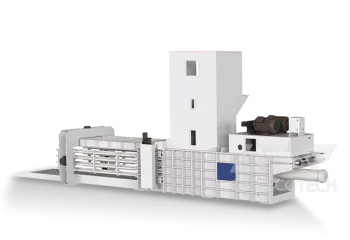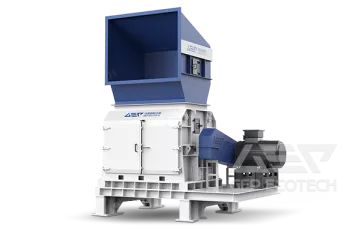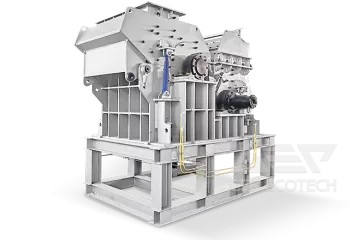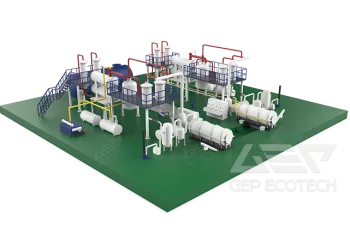Solid hazardous waste refers to waste that may cause potential harm to human health and the environment in a solid state. These wastes usually contain toxic and harmful chemical components, which may cause serious pollution to soil, water and air if not handled and disposed of properly, causing irreversible damage to human health and ecosystems.
Common solid hazardous waste includes batteries, fluorescent lamps, waste electronic products, waste chemicals, waste medicines, waste oil barrels, paint barrels, etc. In order to protect the environment and human health, the resource treatment of solid hazardous waste is very important. The following is a detailed introduction to the treatment methods of common solid hazardous waste.
- Batteries: Used batteries contain heavy metals such as lead, mercury, cadmium and other harmful substances. For dry batteries, mechanical treatment can be used to remove the shell, separate the positive and negative electrodes, and then perform resource recovery. Waste lead-acid batteries can be crushed and smelted to recover lead and plastics. Used lithium-ion batteries can be physically and chemically processed to recover metals and valuable materials.
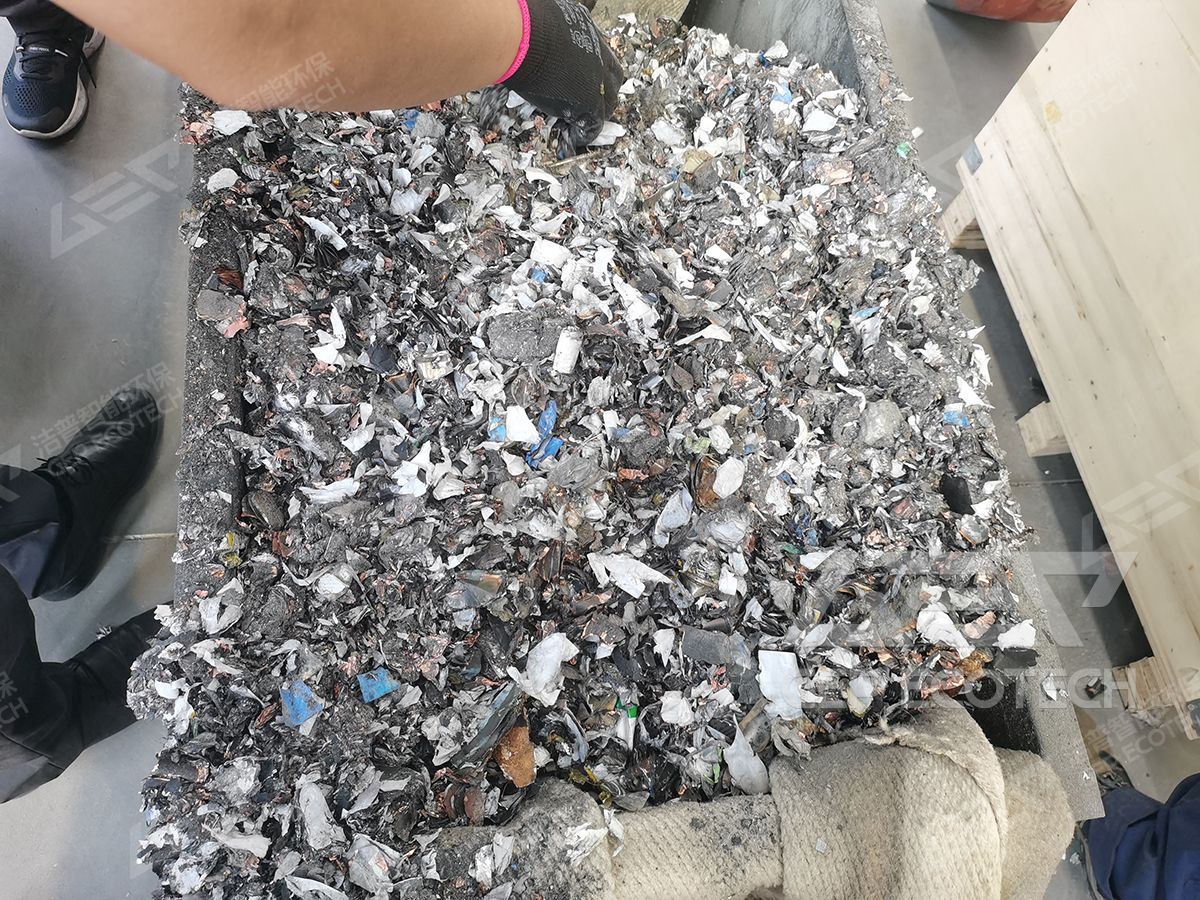
Crushed Lithium Battery - Fluorescent lamps: Fluorescent lamps contain harmful substance mercury, which will leak mercury if discarded or damaged. Fluorescent lamps should be recycled and disposed of at specific facilities. Common disposal methods include physical crushing, mercury recovery, and glass and metal separation.
- Waste electronic products: Waste electronic products contain hazardous substances such as heavy metals and bromides. The treatment of waste electronic products usually includes dismantling, separation and resource recovery.
- Waste pharmaceuticals: Waste pharmaceuticals may contain harmful active ingredients, causing potential harm to the environment and ecosystems. Discarded drugs should adopt specific recovery and treatment methods, such as crushing and destruction, high-temperature incineration, chemical treatment, etc.
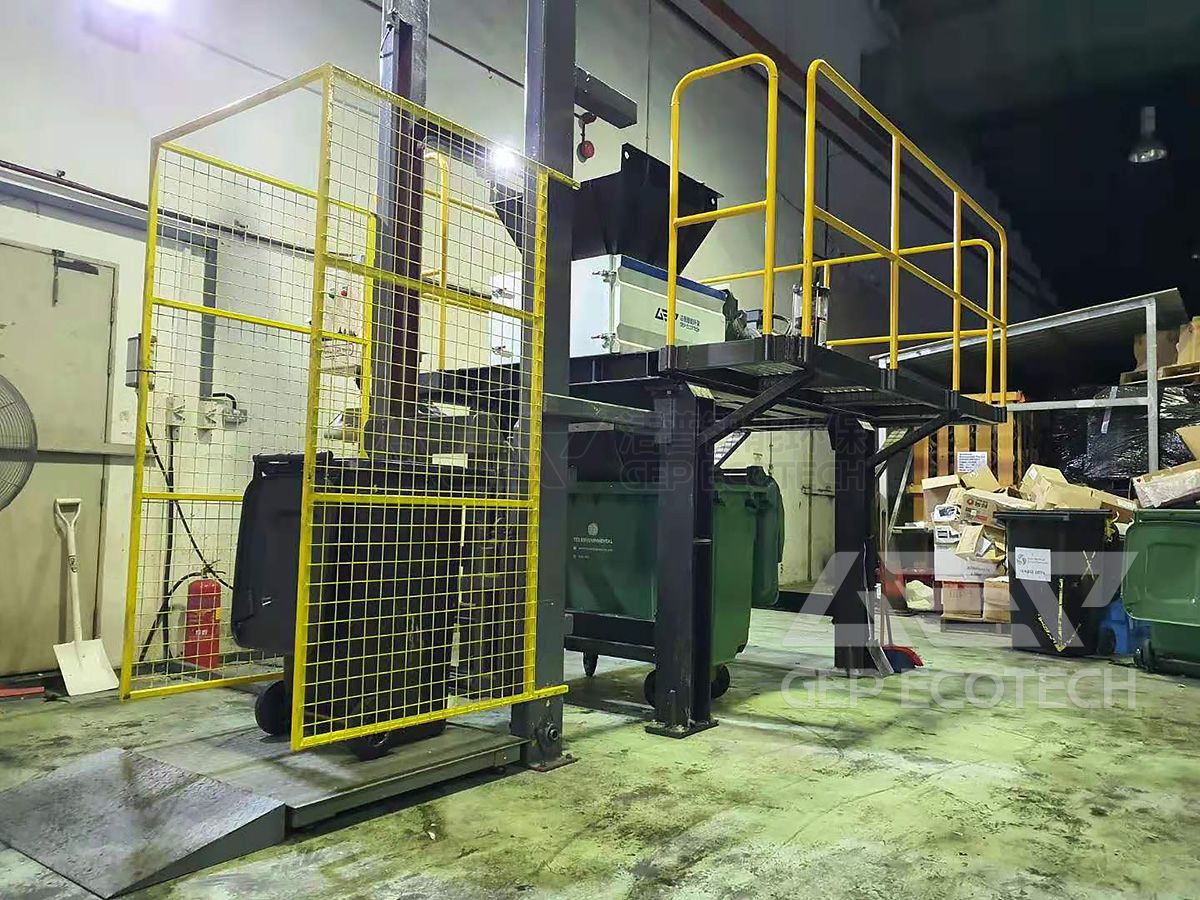
Waste Pharmaceuticals Crushing and Destruction Equipment - Oil barrels and paint barrels: Waste oil barrels are flammable and explosive, and waste paint contains harmful chemical components, which require physical treatment or resource recovery and disposal in specific facilities.
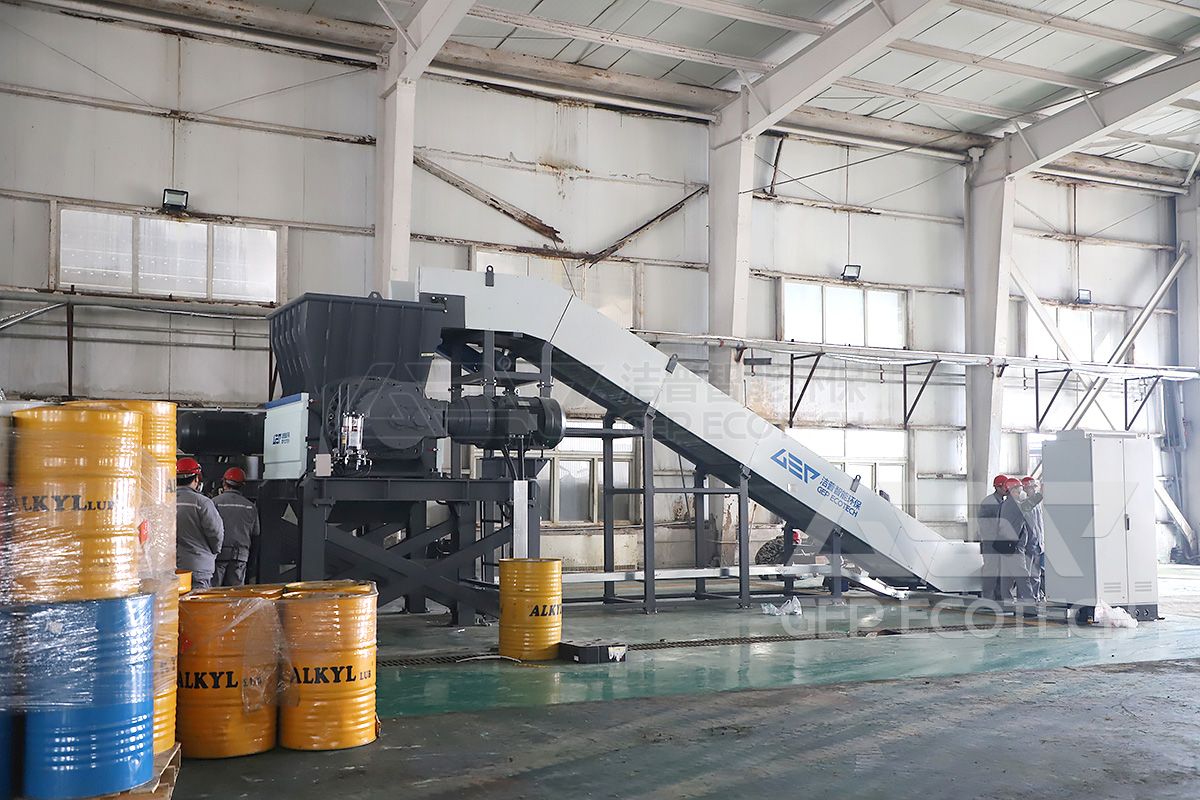
GEP Oil Barrel, Paint Barrel Recycling Facilities
Resource disposal of solid hazardous waste is an important measure for environmental protection and sustainable development. Through reasonable selection and implementation of resource treatment technologies, the impact of waste on the environment can be reduced, while valuable components can be recycled and reused, bringing double benefits to social economy and environmental protection. GEP ECOTECH, as a manufacturer of solid waste disposal and recycling equipment, can provide a complete set of solutions and equipment for recycling solid hazardous waste. Welcome to consult us anytime!


